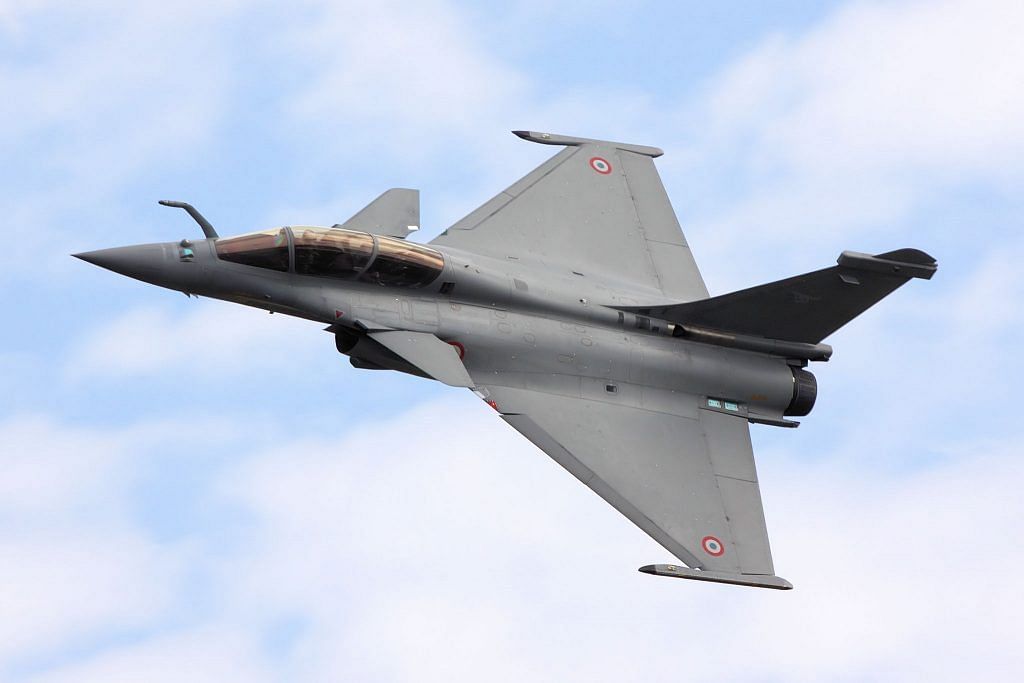The recent muckraking over the Rafale fighter jet deal has seen shots being exchanged between the Congress and the BJP over alleged overpricing and crony capitalism. The deal has a complicated history, starting from a selection by the UPA and a signing by the NDA in 2016. As the debate heats up, we ask:
Is political debate on defence deals like the Rafale fighter jet necessary for accountability?
A disclosure upfront is apt: for readers, and for my personal ethics and internal moral compass. As a former government official working in the Ministry of Defence when the Rafale deal was underway, and thereby was (naturally) associated, it would be improper on my part to say anything specific about the Rafale deal that may remotely betray my bias. I would rather that I speak about defence deals in generic terms.
Given that ours is a constitutional democracy built on the philosophy of separation of power and with checks and balances embedded in its architecture to ensure rule of law, any curtailment or diminution of debate on public issues on spends from public funds shall tantamount to negation of a functional democratic construct. That wouldn’t be in order.
Defence outlays are humongous and they – like all government-funded schemes/projects – are funded from the taxpayers’ money.
The public has every right to know if their money has been spent well – diligently, after exploring all possibilities – under given circumstances/constraints by public officials on whom they (helplessly though!) repose trust. There can be no ostensible or overwhelming reason why defence deal(s), much like other spends in social sectors, should be treated differently – with kid gloves. Debate is the essence of democracy and a good debate is a sine qua non to keep democracy vibrant and pulsating.
After all, what’s the role of the legislature if not to question and debate the executive’s actions or the lack of it? It’s entirely reasonable for legislators to hold the executive accountable and pillory it whenever the latter goes wrong to ensure accountability. It’s a different matter that the debate, far from being informed and well-reasoned, often degenerates into bitter personal/party dueling, exemplified in subtle shading of the real and selective masking of the truth through specious/ingenious ad hominem insinuations. Post-truth! But that still isn’t reason enough to throw the baby with the bathwater.
I would go a step ahead. Given the whopping defence spends from public funds and the attendant scams that often have visited past modernisation projects, there’s a need to reduce opacity. Secrecy masking technical details and longwinded processes in MoD spawns doubts and senseless debates. How misplaced this is can be gauged were one to mull over this futility by accounting for worldwide technological advancements. How prudent is it then to hog on to this antediluvian practice when secret/classified information selectively (even conveniently) leaked can be better redressed by ratcheting up transparency? How best this can be invoked is, of course, a challenge demanding careful attention. But that’s the way to go, not by stanching debates – political or otherwise.
Sudhansu Mohanty is Former Financial Advisor Defence Services (FADS), Ministry of Defence.
